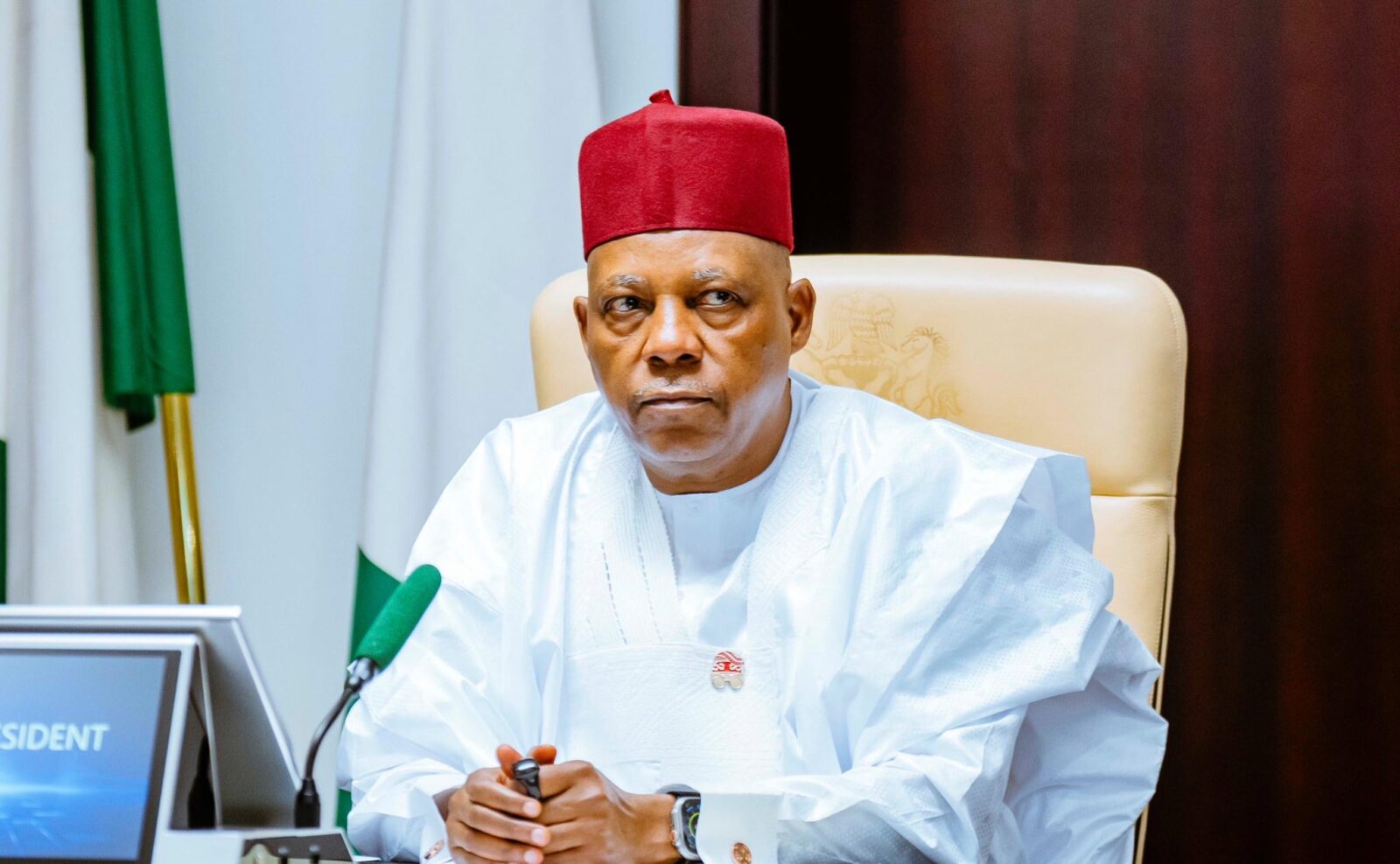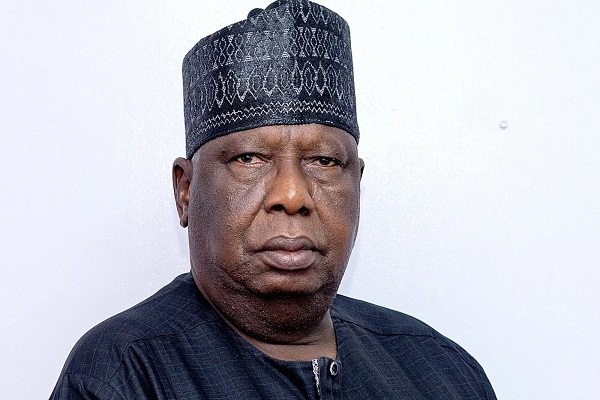Nigeria Takes Historic Step in Climate Governance with Landmark Council Meeting
Nigeria has marked a significant milestone in its climate action journey with the inaugural meeting of the National Council on Climate Change (NCCC), establishing new frameworks for carbon trading and climate finance.
Vice President Kashim Shettima, representing President Bola Ahmed Tinubu, chaired the groundbreaking session that brought together key economic sectors to align the nation’s climate strategy. NCCC Director-General Omotenioye Majekodunmi hailed the gathering as a watershed moment in the country’s environmental governance.
The council approved two crucial initiatives: the National Carbon Market Activation Framework (NCMAP) and the Climate Change Fund (CCF) Structures. These mechanisms are designed to position Nigeria as a regional leader in carbon trading while creating green jobs and facilitating both domestic and international funding for climate-related projects.
“We are moving from commitment to implementation — from ambition to action,” Majekodunmi stated on Tuesday, emphasizing how these new instruments will ensure transparency and deliver measurable benefits to vulnerable communities.
The historic meeting demonstrated unprecedented unity among government agencies, establishing a comprehensive framework for incorporating climate considerations into national planning and budgeting processes. This coordinated approach signals Nigeria’s readiness for international climate partnerships and green investments.
Looking ahead to COP30 in Belém, Brazil, Nigeria aims to play a influential role in global climate discussions. The successful council meeting, which builds upon the Climate Change Act of 2021, represents what Majekodunmi called “a profound turning point” in Nigeria’s environmental policy.
The NCCC Director-General concluded by urging citizens to view climate action as more than environmental policy, describing it as a crucial national development strategy that will shape Nigeria’s future. This integrated approach reflects the government’s commitment to building a resilient, low-carbon, and inclusive future for the nation.







Leave a Comment